Are Great White Sharks Threatened?

The white shark, the most iconic predator of the sea, faces a grave threat to its survival in various parts of the world. Despite its formidable position in the marine ecosystem, this magnificent creature is classified as "Vulnerable" by the International Union for the Conservation of Nature (IUCN) Red List of Threatened Species. In this blog post, we will delve into the reasons behind the white shark's vulnerability and explore the measures taken to protect these majestic creatures.
The Decline of White Shark Populations:
Over the past century, white shark populations worldwide have witnessed a sharp decline, primarily due to direct fishing pressure. Recreational sport fishers have played a significant role in this decline by engaging in large take or kills. Additionally, there is a substantial demand for shark products, including teeth, jaws, and fins, which has led to the decimation of wild white shark stocks.
A Hidden Danger: Bycatch
While the hunting of white sharks is a known issue, an even more troublesome threat looms in the form of bycatch. Young white sharks are frequently caught unintentionally in gill nets and longlines set for other fisheries. These invisible nets become deadly traps, leading to the unintentional catch or drowning of white sharks.
Global Protection Efforts:
Recognising the urgency of the situation, global protection measures were put in place for white sharks. In October 2004, white sharks gained enhanced protection through a global wildlife treaty approved by the U.N.-affiliated Convention on International Trade in Endangered Species (CITES). This significant step approved the regulations mandating a controlled system of permits for all international trade in white shark parts and products.
Under these new regulations, international trade in white shark products is closely monitored. Furthermore, trade may be banned altogether if white shark populations continue to decline. This pivotal decision by CITES demonstrates a commitment to the preservation of these remarkable creatures.
The Road Ahead for White Shark Conservation:
While the measures taken by CITES are undoubtedly a step in the right direction, more comprehensive international protection is necessary for the full recovery of white shark populations. Key challenges include the targeting of sharks for their lucrative fins, as well as the use of indiscriminate fishing practices that unintentionally catch and kill white sharks in gear intended for other species.
Conservation efforts must focus on not only safeguarding the adult white shark population but also ensuring the protection of young sharks vulnerable to bycatch. By promoting sustainable fishing practices and raising awareness about the critical role white sharks play in maintaining the health of marine ecosystems, we can work towards securing a future where these incredible creatures thrive.
Conclusion:
The white shark's "Vulnerable" status on the IUCN Red List serves as a stark reminder of the urgent need for global action to protect this iconic species. Through international cooperation, stringent regulations, and a commitment to sustainable fishing practices, we can ensure that the white shark continues to occupy its vital place in our oceans.

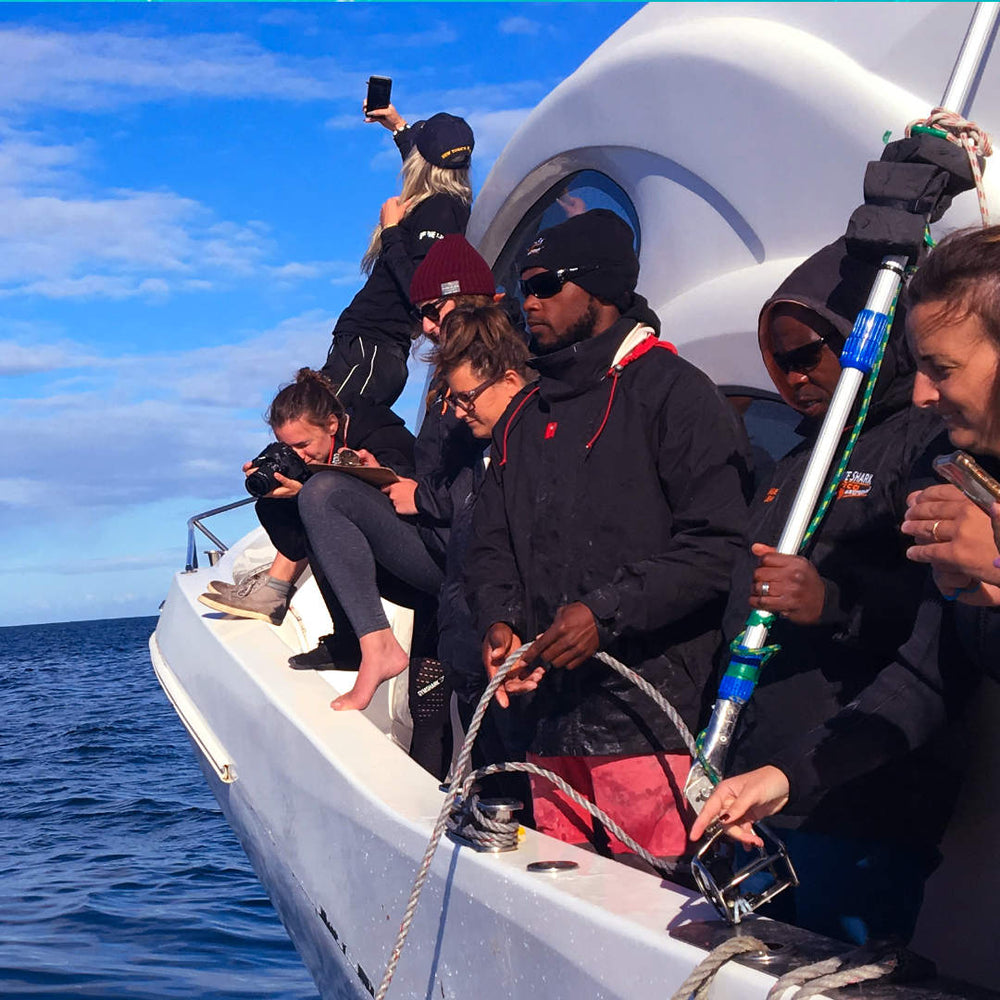
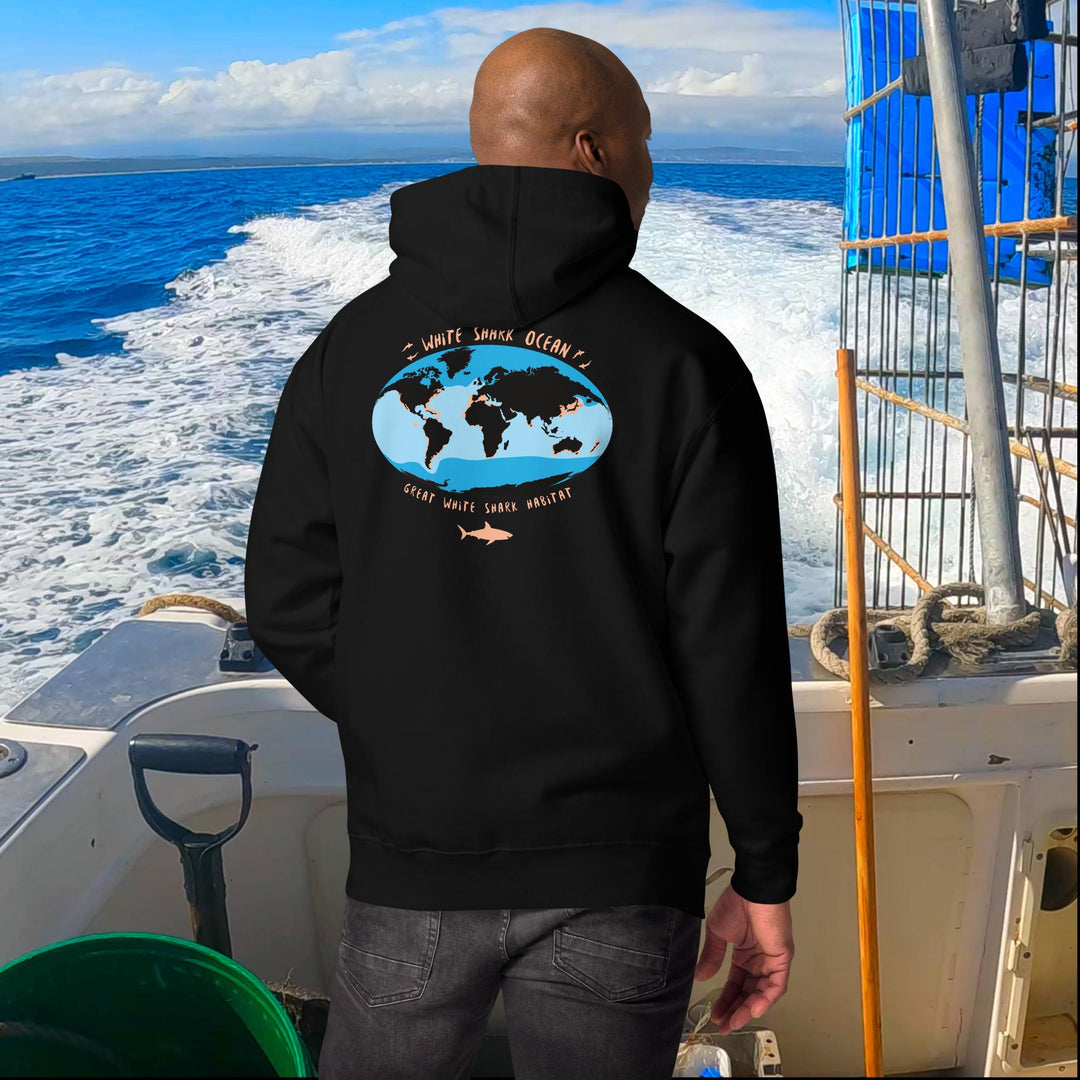
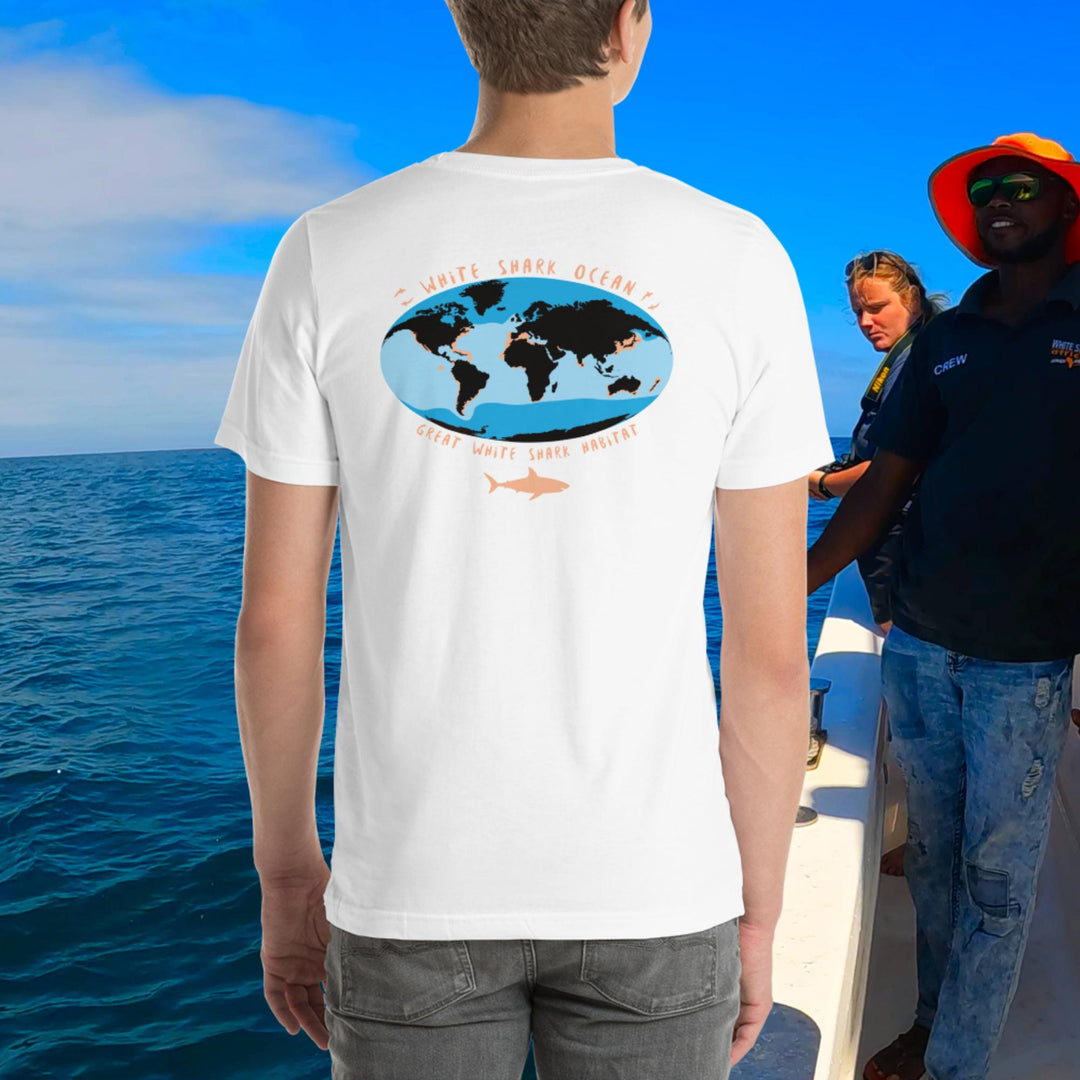
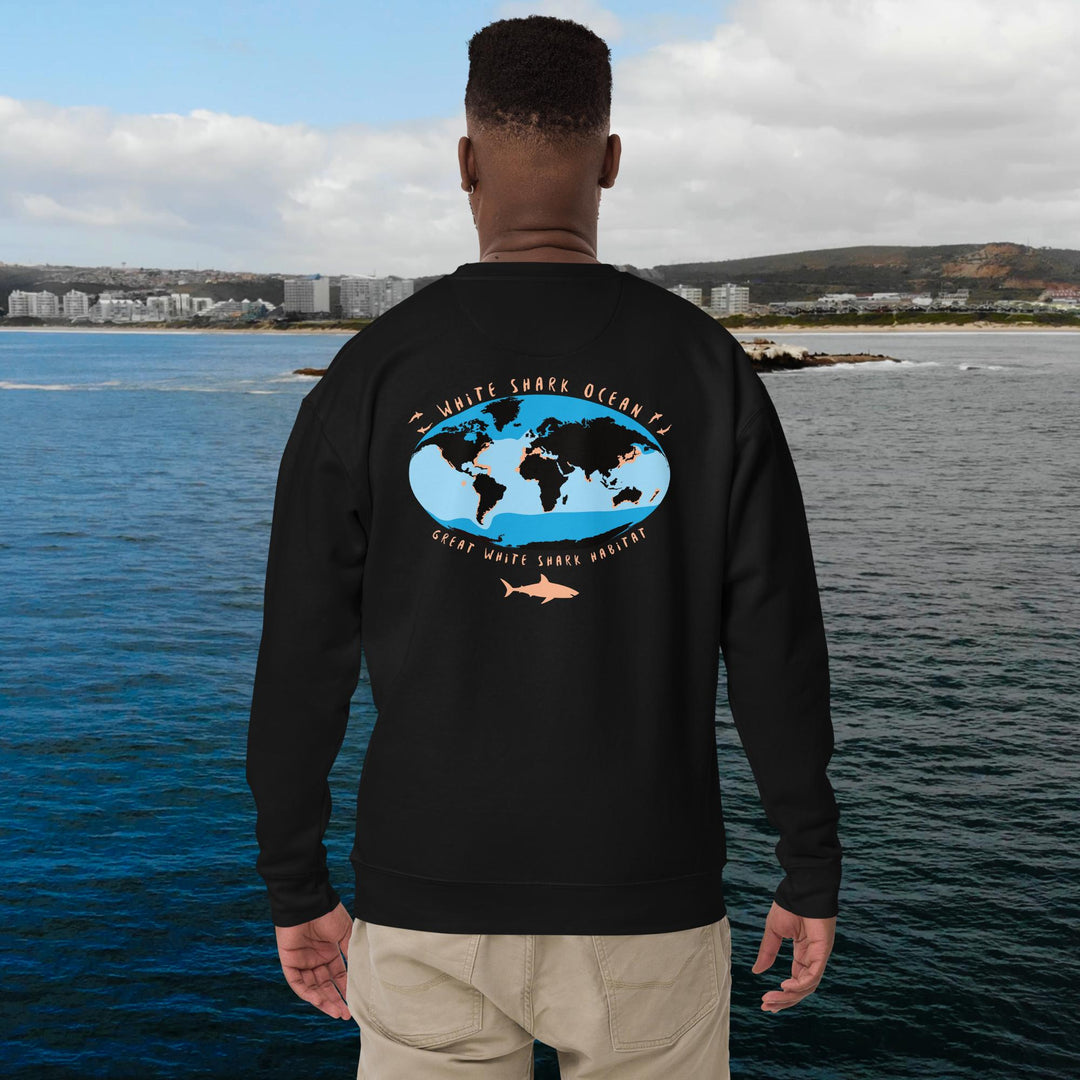

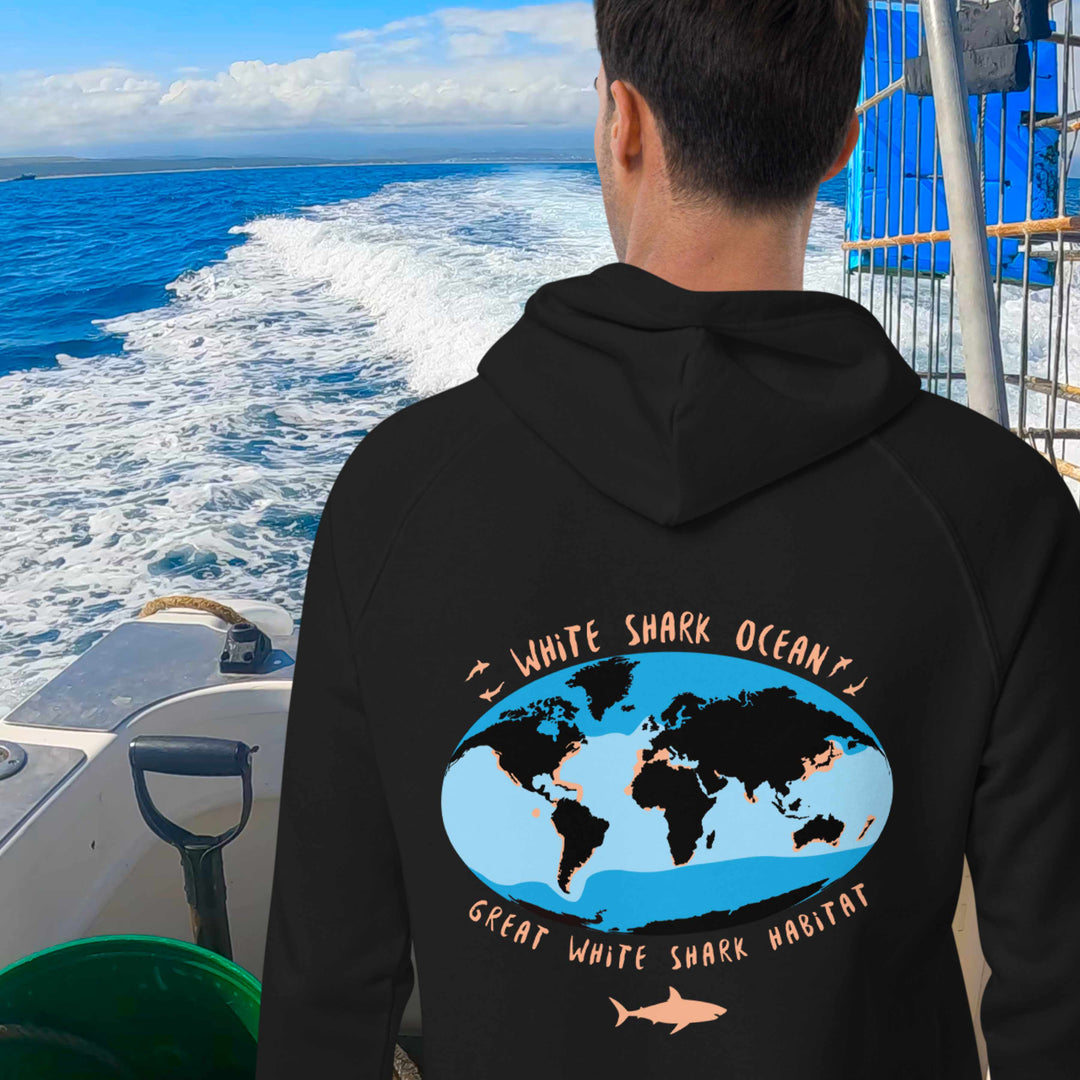
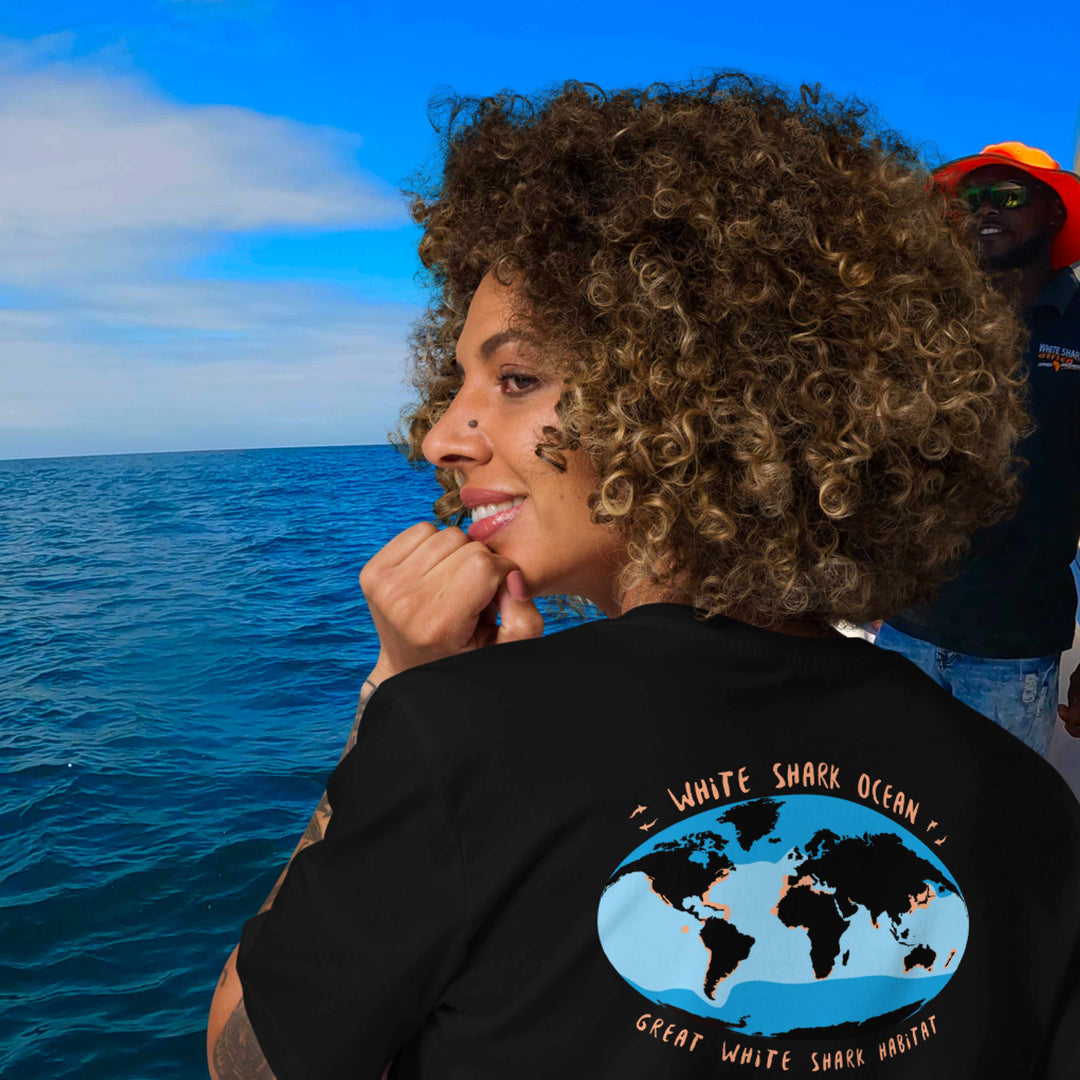
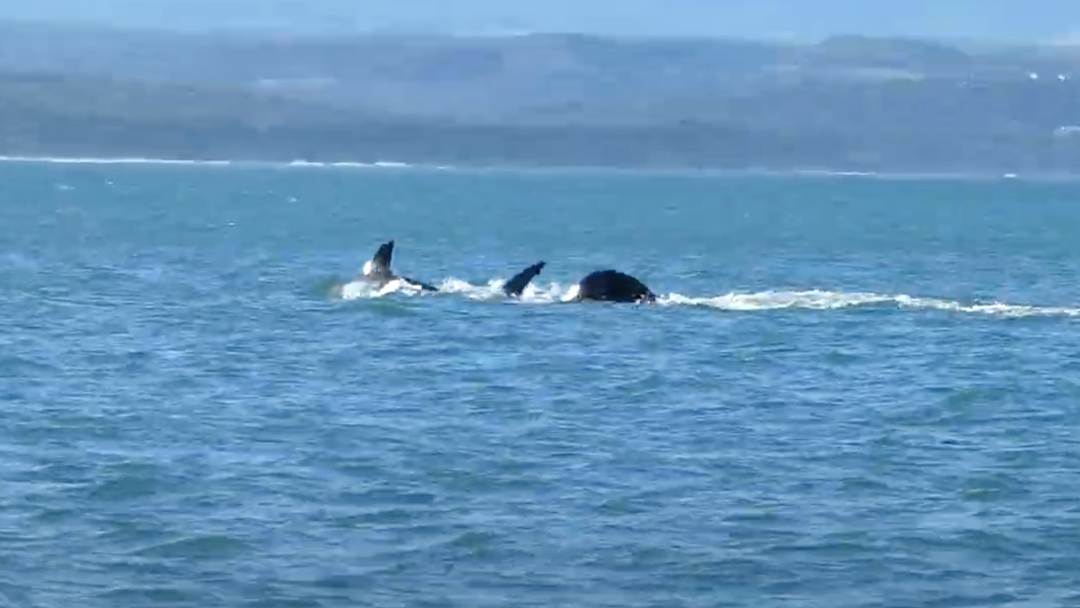
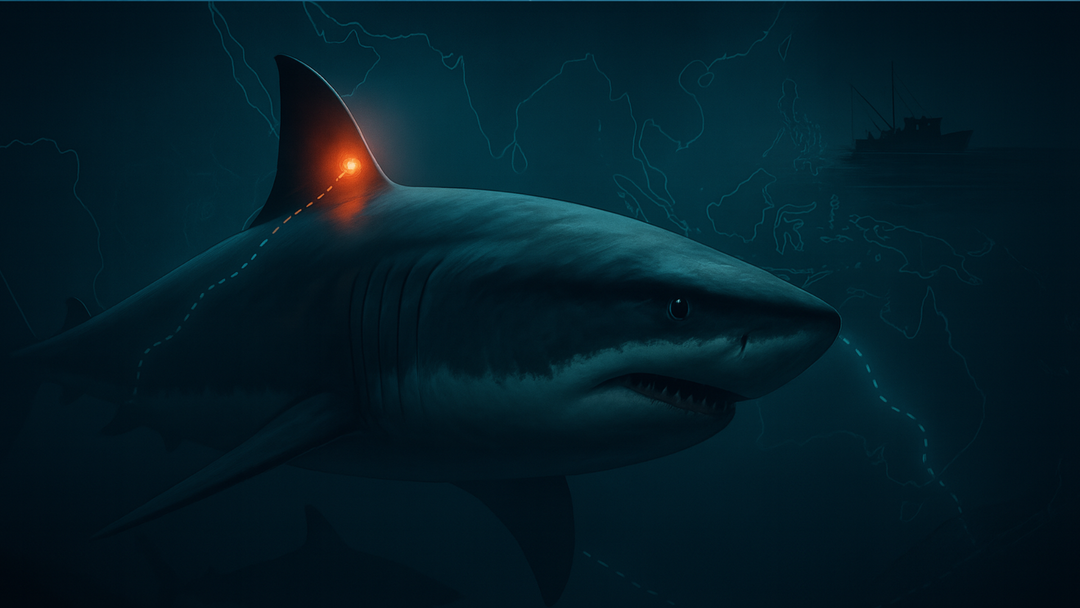
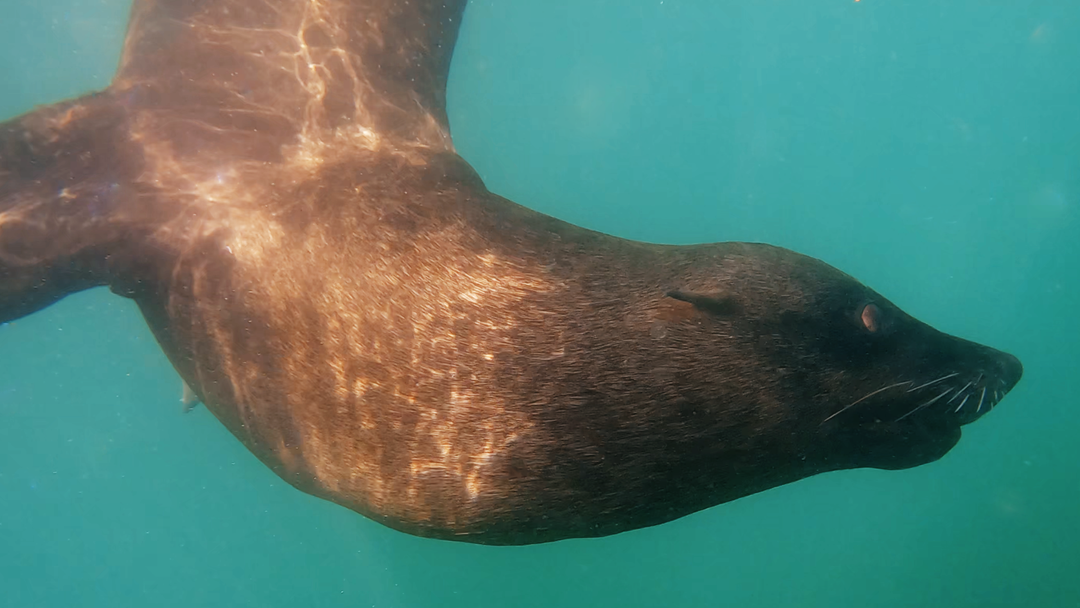
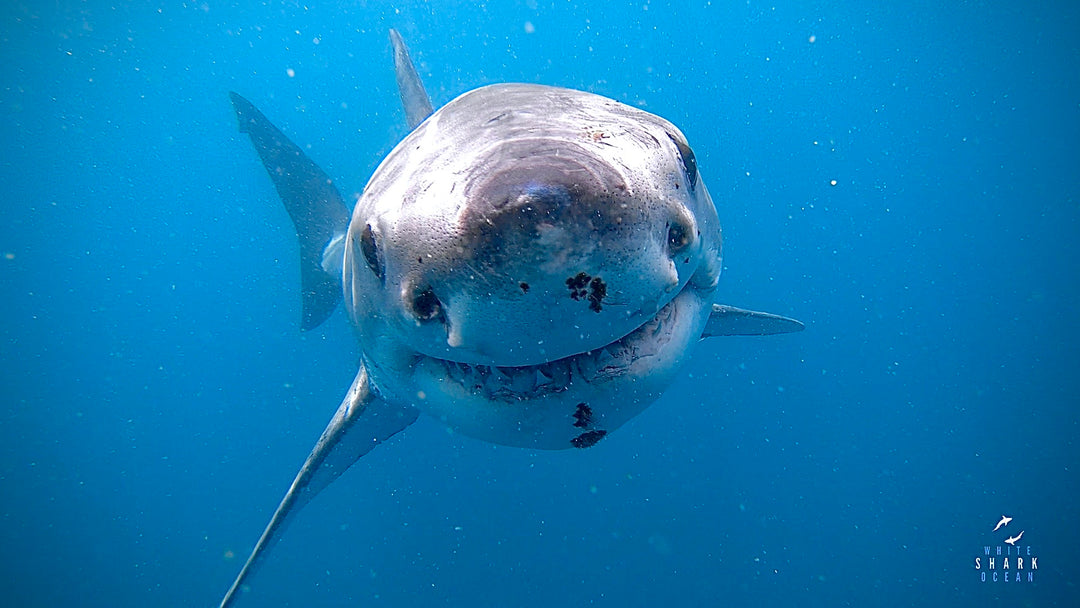
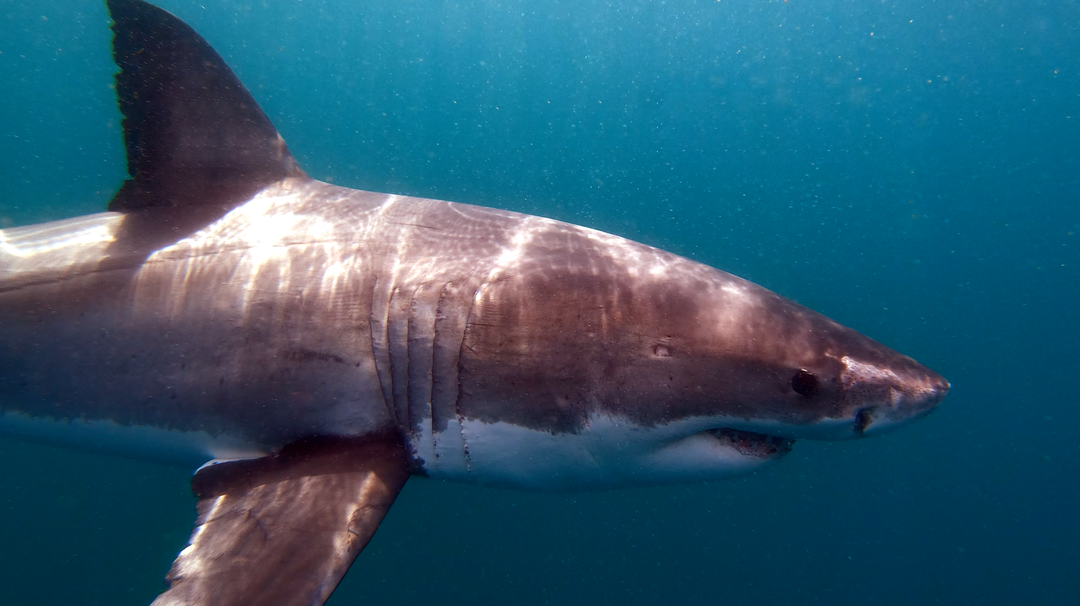

Leave a comment